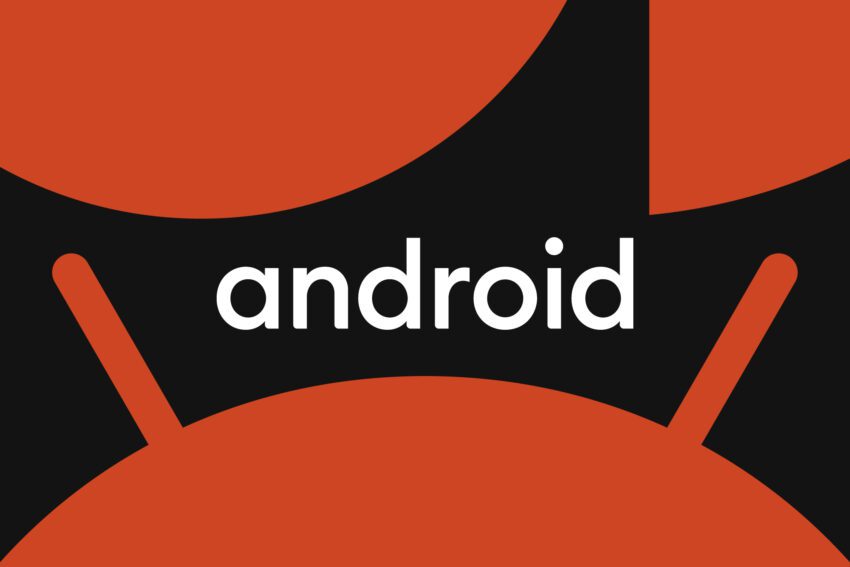
google will let experienced users keep sideloading Google has announced a significant adjustment to its plans regarding the verification of Android app developers, allowing “experienced users” to continue sideloading applications from unverified sources.
google will let experienced users keep sideloading
Background on Developer Verification
In August 2023, Google introduced a controversial initiative aimed at enhancing security within its Android ecosystem. This initiative mandated that all developers, regardless of whether they distribute their apps through the official Google Play Store or other platforms, would need to undergo a verification process. This verification would require developers to disclose personal information, including their legal name, address, email, and phone number. In certain cases, developers would also need to upload government-issued identification.
The announcement was met with immediate backlash from various stakeholders, including advocacy groups like the Keep Android Open campaign and the open-source app repository F-Droid. Critics argued that this move could effectively eliminate the ability for users to sideload applications, thereby undermining the fundamental principles of user choice and software freedom on Android devices. They contended that the requirement for identity verification could stifle innovation and limit the availability of diverse applications, particularly those developed by independent or hobbyist developers.
Google’s Concession: Allowing Experienced Users to Sideload
In response to the criticism and feedback received from the community, Google has softened its stance. The company has announced that it is developing a new workflow specifically designed for “experienced users” who wish to sideload apps from unverified developers. This new installation flow aims to provide a balance between user safety and the freedom to install applications from sources outside the Play Store.
Safeguards and Warnings
As part of this new approach, Google plans to implement several safeguards to protect users from potential risks associated with installing unverified software. These safeguards will include:
- Coercion Protection: Measures to identify and prevent scenarios where users might be coerced into installing malicious applications.
- Scam Awareness: Alerts designed to inform users about potential scams and the risks involved in installing unverified apps.
- Clear Warnings: Prominent notifications that ensure users fully understand the implications and risks of sideloading apps from unverified sources.
By implementing these safeguards, Google aims to empower experienced users to make informed decisions while still prioritizing their safety. This shift acknowledges the reality that many users possess the technical knowledge necessary to navigate the complexities of sideloading but may require additional support to do so safely.
New Developer Account Type for Students and Hobbyists
In addition to the changes for experienced users, Google is also introducing a new type of developer account tailored for students and hobbyists. This account will not be subject to the full verification requirements that apply to professional developers. Instead, it will allow these users to install apps on a limited number of devices, thereby providing a pathway for emerging developers to learn and experiment without the burden of extensive verification processes.
Android President Sameer Samat emphasized the importance of this initiative in a statement on X (formerly Twitter). He noted, “Keeping users safe on Android is our top priority. Scammers rely on anonymity to scale their attacks. Right now, if we block a bad app, they can often just create a new app and try again. Verification stops this ‘whack-a-mole’ cycle by requiring a real identity – making it much harder and costlier to repeatedly distribute harmful apps.”
Samat further acknowledged the feedback received from the community, stating that while user safety remains paramount, it is equally important to provide opportunities for students and power users who wish to take risks with their installations. This dual approach aims to foster a more inclusive environment for app development while maintaining a focus on security.
Timeline for Implementation
The rollout of the developer verification process is set to begin in 2026, starting with developers in Brazil, Indonesia, Singapore, and Thailand. Following this initial phase, the verification requirements will be applied globally in 2027. This staggered approach allows Google to gather feedback and make necessary adjustments before implementing the changes on a larger scale.
Implications for Developers and Users
The introduction of developer verification and the new pathways for experienced users and hobbyists will have several implications for both developers and users within the Android ecosystem:
- Increased Security: The verification process aims to reduce the prevalence of malicious apps on the platform, thereby enhancing overall user safety.
- Impact on Independent Developers: While the verification process may deter some independent developers due to the requirements, the new account type for students and hobbyists could encourage innovation and experimentation among emerging developers.
- User Empowerment: By allowing experienced users to sideload apps with appropriate safeguards, Google acknowledges the need for user autonomy while still prioritizing safety.
Broader Changes in the Android Ecosystem
The developer verification initiative is not the only significant change on the horizon for Android. Google has also reached a preliminary agreement with Epic Games to settle their ongoing lawsuit. This agreement includes provisions to lower developer fees, relax rules regarding payment methods, and introduce officially recognized third-party app stores. However, this deal is still pending judicial approval.
The implications of this agreement could further reshape the Android landscape, potentially making it easier for developers to distribute their apps and for users to access a wider variety of applications. If approved, this could lead to a more competitive environment that benefits both developers and consumers.
Community Reactions
The announcement of the revised developer verification process has elicited mixed reactions from the community. While some users and developers have expressed relief at the concessions made for experienced users and hobbyists, others remain skeptical about the overall impact of the verification requirements.
Advocacy groups continue to voice concerns that the verification process may still pose barriers for smaller developers and could inadvertently lead to a more homogenized app ecosystem. The balance between security and user freedom remains a contentious topic, and stakeholders are keenly observing how Google navigates these challenges moving forward.
Conclusion
Google’s decision to allow experienced users to sideload apps from unverified developers marks a significant shift in its approach to app security and user autonomy. By implementing safeguards and introducing a new developer account type for students and hobbyists, the company aims to strike a balance between protecting users and fostering innovation within the Android ecosystem. As the rollout of developer verification approaches, the tech community will be closely monitoring its effects on both developers and users alike.
Source: Original report
Was this helpful?
Last Modified: November 13, 2025 at 3:36 pm
1 views














